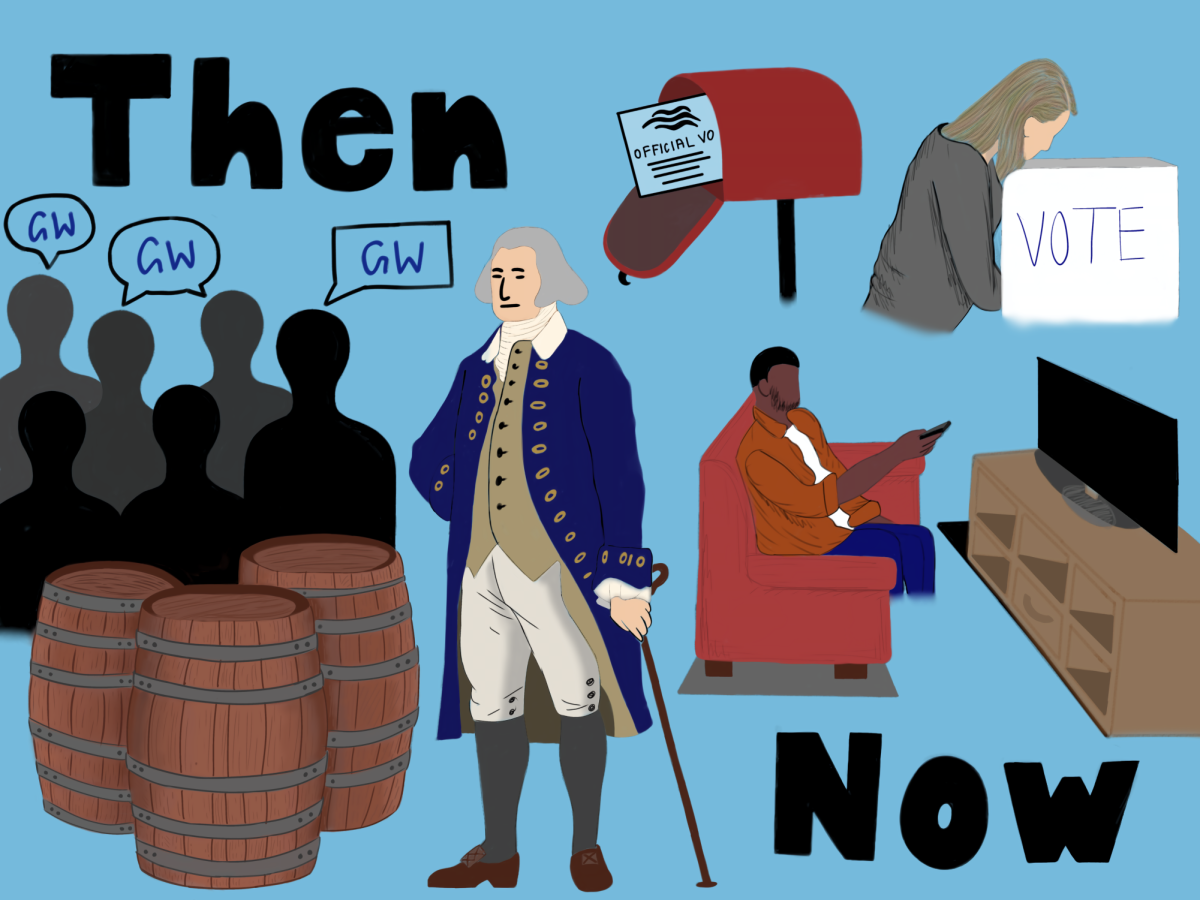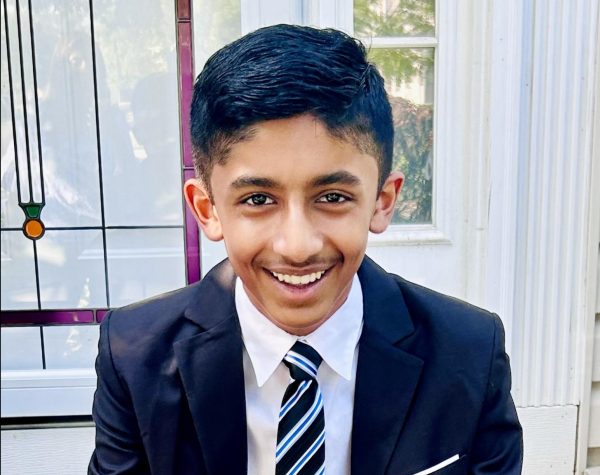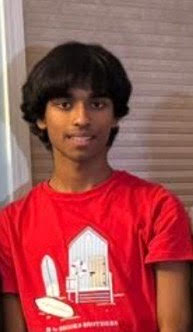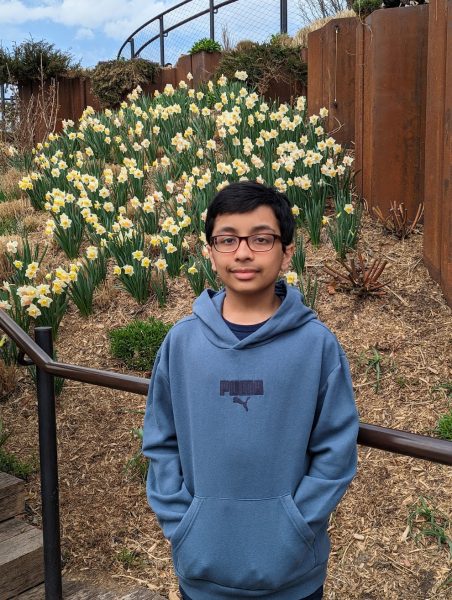This November 5, many students at EHS were tuned into their television, watching an event that will dictate the next four years of the country: the 2024 Presidential Election. From colonial feasts to the competitive campaigns of today, Election Day has greatly changed from the past, impacting how students currently view the day.
In colonial America, elections were social events, accompanied with heavy eating and drinking. In addition, elections were held only in-person, and typically happened through voice votes rather than by ballot. However, as time went on, public voting became unpopular, with many colonists favoring secret ballots instead. Many colonial voting traditions continued into United States presidential elections, not becoming a more formal occasion until the mid 19th-century.
In 1845, Congress passed the law stating that Election Day will be on the first Tuesday of November, a date that holds to this day. Prior to 1845, states were allowed to hold elections any time within a thirty-four day period before the first Wednesday in December. Elections were held in November in order to not interfere with the planting or harvest seasons, and to precede the harsh winter months.
Over time, Election Day has heavily changed, with voting rights expanding and new technologies allowing for early and mail-in voting. In addition, the media has become a large part of the election cycle, with coverage becoming one of the most popular ways to keep up with election news. This year, many EHS students kept up with Election Day by looking at polls, traveling, and watching media coverage on tv, online, and on social media.
“I usually relax on election day, but this time, I tuned in to CNN as this year seemed like an important election,” said Aaron Johnson ‘26.
Some EHS students who typically don’t observe Election Day chose to stay informed but also involved by volunteering at local polling facilities, recognizing the importance of this year’s election.
“I looked at the New York Times needle to understand who was favored at a certain moment in time during the election while watching CNN and John King’s insightful coverage,” said Tanush Lingala ‘27.
Recognized today by meeting loved ones, tuning into television networks, or volunteering at local polls, Election Day has become a significant part of American culture over the years. However, the central theme of Election Day—democracy—remains strong in the eyes of many Edison High students.



















































































